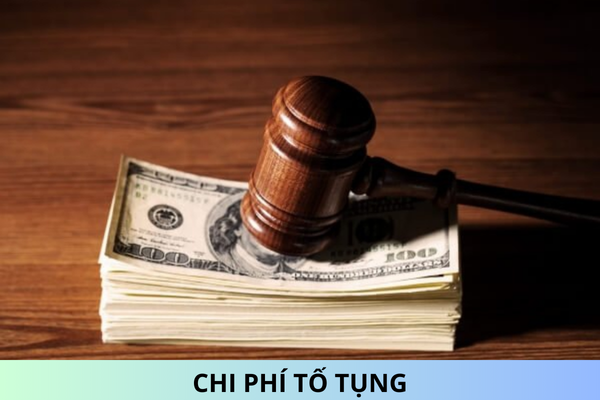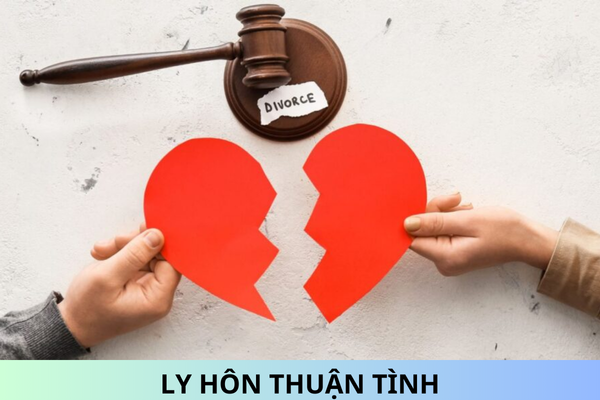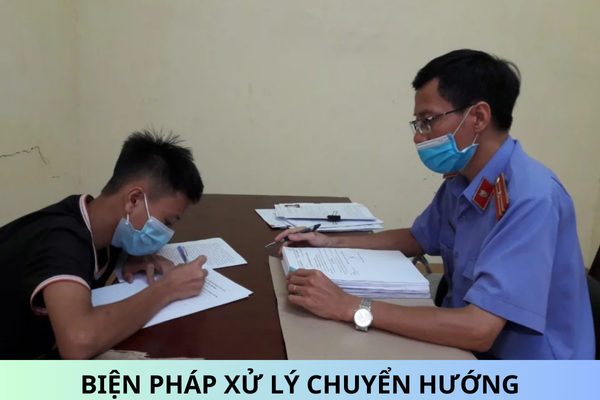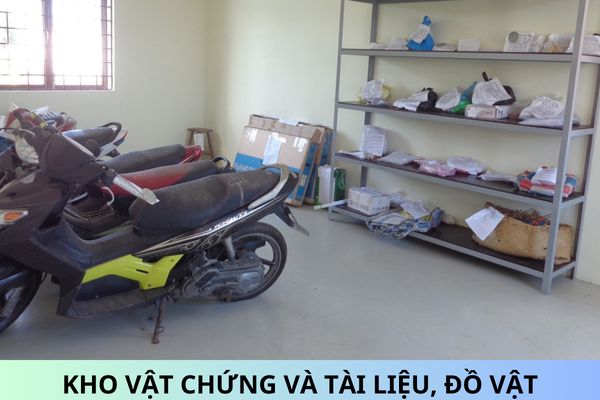What are rights and obligations of suspects in a criminal case in Vietnam? Is subpoena for suspects required to be sent to the Commune People's Committee in Vietnam?
What are rights and obligations of suspects in a criminal case in Vietnam? Is subpoena for suspects required to be sent to the Commune People's Committee in Vietnam? Does only an investigator have right to interrogate suspects in Vietnam?
What are rights and obligations of suspects in a criminal case in Vietnam?
What are rights and obligations of suspects before being interrogated in the criminal procedure code? Because recently I was the suspect in a criminal case. The investigator who questioned me did not explain to me what my rights and obligations were. Currently, the police have changed the preventive measures against me from leaving the place of residence. So I want to know more about my rights and obligations during interrogation?
Answer: Pursuant to Clause 2, Article 183 of the 2015 Criminal Procedure Code, regulations on suspect interrogation are as follows:
2. Investigators, before conducting the first session of interrogation, must explain to the suspect his rights and duties as defined in Article 60 of this Law. Such activities shall be recorded in writing.
If there are several suspects, they shall be separately interrogated and prevented from interacting with each other. A suspect may be permitted to write his statements.
Pursuant to Article 60 of the 2015 Criminal Procedure Code, rights and obligations are expressed as follows:
2. Suspects are entitled to:
a) Be informed of reasons for charges against them;
b) Be informed or explained about their rights and duties as per this Article;
c) Acquire decisions on charges against suspects and amendments to such decisions; written approvals of such decisions or amendments; decisions on enforcement, change or termination of preventive and coercive measures; final reports of investigation; decisions on suspension and suspension of investigations; decisions of suspension and suspension of lawsuits; charges, decisions on prosecution and other decisions on legal proceedings according to this Law;
d) Give statements and opinions and bear no obligation to testify against themselves or admit to guilt;
dd) Present evidences, documents, items and requests;
e) Confer on relevant evidences, documents and items and request authorized procedural persons to check and evaluate such;
g) Requisition expert examinations, valuation; changes of authorized procedural persons, expert witnesses, valuators, interpreters and translators;
h) Defend themselves or be defended;
j) Read and write digital documents or copies of such regarding charges and vindication or other copies related to their defense, upon requests, after the end of investigations;
k) Complain about authorized procedural persons’ decisions and actions of legal procedure.
3. Suspects bear these duties:
a) Be present as per subpoenas by persons given authority to institute legal proceedings. If suspects are absent due to any but not force majeure or objective obstacles, they may be delivered by force. Fugitives shall be sought;
b) Comply with competent procedural authorities and persons’ decisions and requests.

Is subpoena for suspects required to be sent to the Commune People's Committee in Vietnam?
Regarding the proceedings in criminal cases, I would like to ask: Is subpoena for suspects required to be sent to the Commune People's Committee where the defendant resides?
Answer: Pursuant to Clause 2, Article 182 of the 2015 Criminal Procedure Code, regulations on summoning of suspects are as follows:
2. The subpoena shall be sent to local authorities at the commune, ward or town where the suspect resides or his workplace or educational facility. The authorities or organizations receiving the subpoena are held responsible for forwarding it to the suspect in prompt manner.
The suspect, when receiving the subpoena, must sign and date the recipient’s Section. The forwarder of the subpoena shall deliver the subpoena’s Section bearing the suspect’s signature to the authority issuing the subpoena. If the suspect does not affix signature, a written record of his non-compliance shall be made and sent to the summoning authority. If the subpoena cannot be delivered due to the suspect’s absence, it shall be given to his family member possessing legal capacity, who affixes signature and forward the paper to the suspect.
Therefore, compared to the above regulations in Vietnam, there is no requirement that the summons for the suspect be sent to the commune, ward or town government where the suspect resides (Commune People's Committee), but can be sent to agencies and organizations where the defendant works or studies.
Does only an investigator have right to interrogate suspects in Vietnam?
Does only an investigator have right to interrogate suspects in Vietnam? Does the Procuracy only have the right to supervise but is not allowed to interrogate the accused?
Answer: Pursuant to Article 183 of the 2015 Criminal Procedure Code, regulations on suspect interrogation are as follows:
1. Investigators, upon the issuance of a decision to charge a suspect, shall interrogate suspects. A suspect may be interrogated at the investigated scenes or at suspects' place of residence. Investigators, before interrogating a suspect, must inform procurators and defense counsels of the time and location for interrogation. Procurators, if necessary, shall participate in the suspect interrogation.
2. Investigators, before conducting the first session of interrogation, must explain to the suspect his rights and duties as defined in Article 60 of this Law. Such activities shall be recorded in writing.
If there are several suspects, they shall be separately interrogated and prevented from interacting with each other. A suspect may be permitted to write his statements.
3. Suspect interrogation does not occur at night, unless otherwise indispensable. Reasons must be clarified in the written record.
4. Procurators interrogate suspects, who claim innocence or complain of investigative activities, or in the presence of grounds showing investigative activities' non-compliance with laws or in other events deemed necessary. Procurators’ suspect interrogation shall be governed by this Article.
5. Investigators, investigation officers, procurators and checkers extorting statements and torturing suspects shall incur criminal liabilities as per the Criminal Code.
6. Suspect interrogation at a detention facility or the office of investigation authorities or units assigned to investigate shall be recorded by sound or sound-and-visual means.
Suspect interrogation at various places shall be recorded by sound or sound-and-visual means at the requests for the suspect or competent procedural authorities and persons.
Thus, normally the interrogation of the suspect is conducted by the Investigator immediately after the decision to prosecute the suspect is made in Vietnam. The suspect can be questioned at the place of investigation or at that person's residence.
However, for the Procuracy, here the Procurator also has right to interrogate the accused in cases where the suspect complains, complains about the investigation activities or has grounds to determine that the investigation violates the law or in other cases when deemed necessary.
Therefore, the interrogation of the suspect is not only under the authority of the Investigator but also the Procuracy. The person performing the interrogation is the Procurator in Vietnam.
Best regards!










